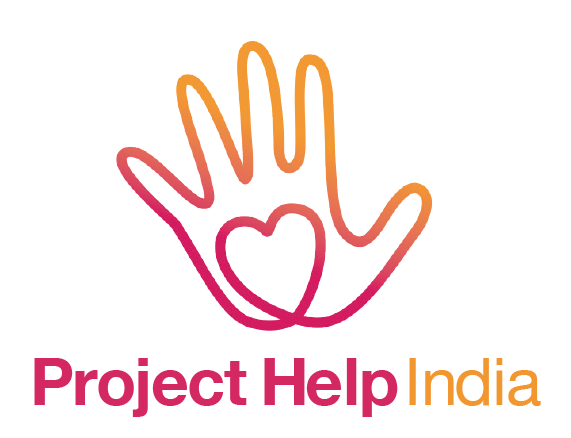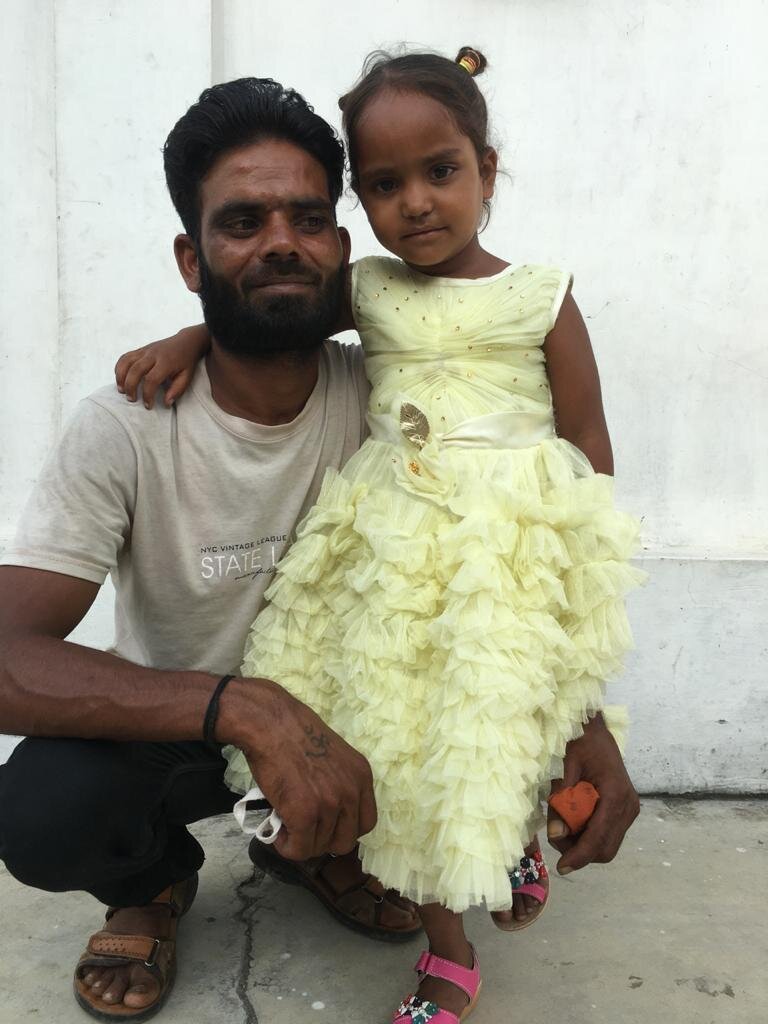I am incredibly proud to share with you how this week our team has faced and challenged some unspoken societal rules in the midst of the ongoing COVID crisis in India. The team inspires me with their empathy and awareness of the needs of those around them and in doing so, they make themselves vulnerable.
Imagine being part a group of people in Indian society who are regarded as so ‘low’ on the invisible caste hierarchy that they are not recognised as needing help during this pandemic? Yet these people work tirelessly (and with great pride in what they do) to keep people and their community safe. This is the story of the sanitation workers - the street cleaners of India. I have travelled close to twenty times to India over the past decade, and only this week have I learnt about these people. When I think about it, they are on the streets of every city. Yet, they are mostly unrecognised …just like the caste structures that bind and render them both powerless and accepting of their lot in life.
Also, this week I have started to read a challenging and most compelling book – ‘Caste: The Lies That Divide Us.’ Pulitzer Prize winning, bestselling author Isabel Wilkerson examines the unspoken caste system that shapes our society and shows how our lives today are defined by a hierarchy of human divisions. I have only read 2 chapters and it is already clear that I am constantly benefiting from a life of privilege defined by a powerful, invisible and unspoken system of divisions. Caste is here in Australia, it’s in the USA, and it’s a real and ugly force in India with millions born victim to the “lingering, millennia-long caste system.” Wilkerson powerfully writes;
“As we go about our daily lives, caste is the wordless usher in a darkened theatre, flashlight cast down in the aisles, guiding us to our assigned seats for a performance. The hierarchy of caste is not about feelings or morality. It is about power—which groups have it and which do not. It is about resources—which caste is seen as worthy of them and which are not, who gets to acquire and control them and who does not. It is about respect, authority, and assumptions of competence—who is accorded these and who is not.”
The story of the sanitation workers of Kotdwara (written by Project Help Field worker)
In India trash is not separated, most is dumped on the street and everything is mixed and put in one bag. Many times, and often under extreme weather conditions, sanitation workers encounter sanitary pads, expired medicines and broken glasses in trash bags. A lack of protective care makes sanitation work difficult even during normal times. During the pandemic, these factors make the street cleaners far more susceptible to the virus. When other countries are giving their sanitation workers the best facilities and protective equipment, in India these people use only a stick broom and a small tin plate. They clear the dirt, waste and animal faeces from public roads onto basket or other containers, which they then carry on their heads for disposal at the dumping ground. They work for municipalities, but are highly ignored from the government. They don’t even have access to gloves. At this time when a PPE kit is an essential part of work these workers receive nothing. These people are born into this role and most remain here for all of life.
At this time of pandemic when the health workers are getting at most priority of security from Coronavirus spread these health workers who are equally important to the society and are doing hard work, are totally neglected by the government they are not getting a single facility from the government. Seeing this an idea came to Mr Amit Samuel’s mind that when the team of Project Help India have appreciated the work of health workers and police, at the same time these COVID warriors -our sanitation workers - are equally important to our society so we should also appreciate them. In this regard today the team of Project Help India gave a set of masks, soap, hand sanitisers and a box of sweets to all the sanitation workers of Kotdwara. After getting the pack from the team of Project Help India one worker said;
“nobody cares for us. During normal days we receive nothing, so what can we expect now? We have no help and no hope from the government. We are thankful to Project Help India that you are appreciating our dedication towards our work, this packet means a lot to us.”
I am so pleased that Amit and the team saw their need and responded with compassion. I learn so much from their actions and example. I am pleased that I have been made aware of the street cleaners of Kotdwara. I want to understand them better and I want to know their stories. As I read ‘Caste’ I learn of my need to gain awareness of what ‘my’ privilege is, so that I might be a more compassionate person and a more effective advocate for justice.
Philosopher and peace activist Thich Nhat Hanh teaches;
“understanding leads to compassion, and compassion leads to love. If your goal at all in life is to be a better lover of other humans, you must understand them as best as you can.”
Through what the Project Help team has done this week I have seen that we can face caste head-on with understanding and compassion, which leads to love. As we get to know these beautiful people, we also learn about ourselves. And as we bring love, hope, dignity and purpose to their lives and circumstances our lives are changed, and we too, become better people.
























